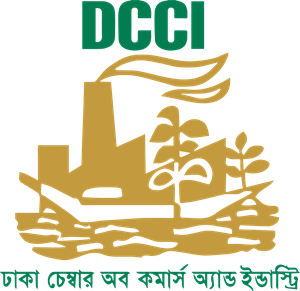Women, Politics, and Economic Development
Abstract
The nexus between female political engagement and economic advancement constitutes a pivotal yet inadequately assessed matter within global governance frameworks. While women comprise over 50% of the worldwide population, they hold under 25% of the parliamentary roles internationally. This pronounced underrepresentation is a barrier to formulating inclusive policies that are indispensable for sustainable economic development. The meaningful involvement of women in political decision-making processes is essential, as female leaders frequently emphasize investments in healthcare, education, and the expansion of the labor market, domains that possess both immediate and enduring implications for economic progression. Empirical evidence from nations such as Rwanda, alongside scholarly investigations from Bangladesh, illustrates that women's leadership plays a significant role in promoting economic advancement by advocating for policies that enhance social welfare and gender equality. Ultimately, including women in political realms introduces a spectrum of perspectives, thereby nurturing innovation and social development crucial for ongoing economic prosperity.


